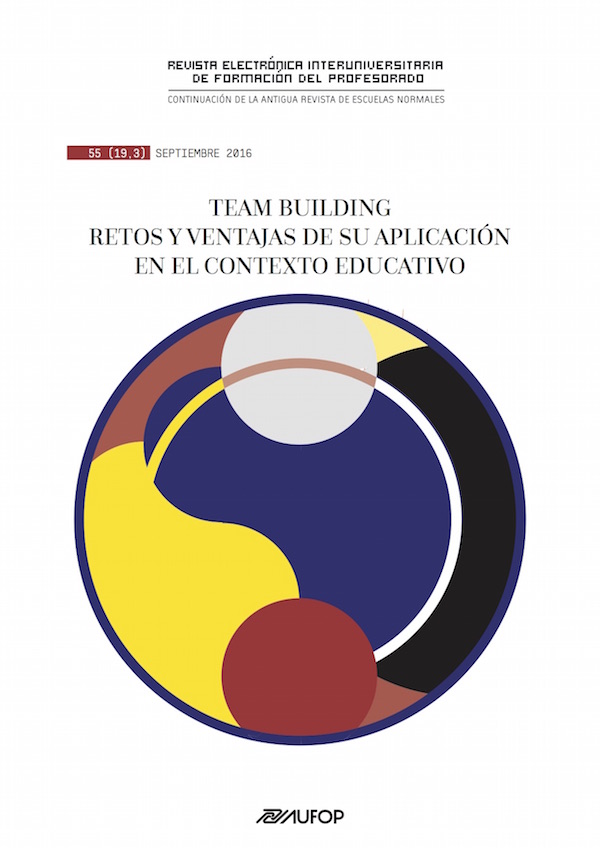Emotional intensity in the class of Physical Education depending on the victory: cooperation-opposition games
Abstract
Emotions constantly determine the human behaviour, reason why they cannot be separated from the educational context, being the emotional education necessary for the integral development of students. The subject of Physical Education is generative of playful motor situations and offers an unequalled possibility to create emotional experiences by the use of motor games. In this way, it arises a huge pedagogic interest for knowing the specific characteristics of emotions. The aims of this study were to analyze the emotional experience caused by the cooperation-opposition domain and to analyze the influence of the competition variable in the type of emotional experience in the cooperation-opposition domain. The participants were 107 students of Primary Education who, after playing four cooperation-opposition games, completed an ad hoc instrument of emotional knowledge by emotional faces with positive and negative emotions (joy, happyness, humour, love, sadness, fear, rejection and anger). Results showed that this domain was generating a bigger positive emotional intensity and that winning or losing the game could influence in the emotional experience, being more intense the positive emotions when winning and the negative emotions when losing.
Downloads
-
Abstract2713
-
PDF (Español (España))1644
Los artículos que se publican en esta revista están sujetos a los siguientes términos:
1. El Departamento de Métodos de Investigación y Diagnóstico en Educación de la Universidad de Murcia (España), junto con el Servicio de Publicaciones de la Universitdad de Murcia (Editum) son los editores de la revista REIFOP y conserva los derechos patrimoniales (copyright) de los artículos publicados, permitiendo la reutilización de las mismos bajo la licencia de uso indicada en el punto 2.
2. Las obras se publican en la edición electrónica de la revista bajo una licencia Creative Commons Reconocimiento-NoComercial-SinObraDerivada 3.0 España (texto legal). Se pueden copiar, usar, difundir, transmitir y exponer públicamente, siempre que: i) se cite la autoría y la fuente original de su publicación (revista, editores y URL de la obra); ii) no se usen para fines comerciales; iii) se mencione la existencia y especificaciones de esta licencia de uso.
3. Condiciones de auto-archivo. Se permite y se anima a los autores a difundir electrónicamente las versiones pre-print (versión antes de ser evaluada) y/o post-print (versión evaluada y aceptada para su publicación) de sus obras antes de su publicación, ya que favorece su circulación y difusión más temprana y con ello un posible aumento en su citación y alcance entre la comunidad académica. Color RoMEO: verde.















